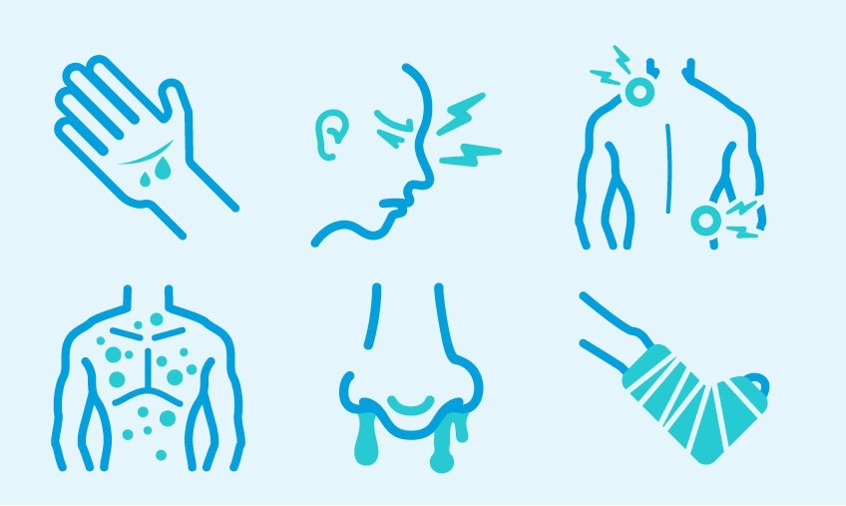Navigating emergencies during a pandemic: Should I go to the ER or urgent care?
Jan 22, 2021

During the COVID-19 pandemic, is it safe to go to your local emergency room if you need to? And when should you go to urgent care or utilize virtual visits with your doctor? Here’s our guide to everything you need to know about navigating urgent medical needs during the COVID-19 pandemic.
Is the emergency room or urgent care safe?
Our clinics and hospitals are safe, operational and prepared to handle health emergencies as well as coronavirus cases. Adventist Health isolates suspected COVID-19 patients to keep our other patients and healthcare professionals safe.
We are confident we can effectively care for an infected patient with little risk to our other patients, and Adventist Health closely follows CDC protocols and works with local public health departments to ensure our hospitals and clinics are safe and ready when emergencies happen.
Emergencies happen—please don’t delay your care
During this time of uncertainty, many are apprehensive to visit a hospital and don’t want to overwhelm healthcare resources. But don’t delay care when something urgent comes up—we have the resources we need and are prepared and available to care for you and your family.
Although these are frightening times, fear should never create a barrier to receiving emergency medical services. If you or a loved one is experiencing a life-threatening medical emergency, please call 9-1-1 and ask to be taken to your nearest hospital.
When should I go to the emergency room?
Go to the emergency room for problems that can’t wait, such as:
- Chest pain
- Difficulty breathing /Shortness of breath
- Severe bleeding or trauma
- Loss of consciousness
- Loss of or blurred vision
- High, uncontrolled fever
- Head injuries
- Prolonged vomiting
- Severe burns
- Severe abdominal pain
- Coughing blood
- Drug overdoses
- Broken bones
When should I go to urgent care?
Visit an urgent care for urgent problems that aren’t life-threatening but still need attention, such as:
- Coughs, colds and sore throat
- Sprains, strains and broken bones
- Nausea or diarrhea
- Allergies, minor allergic reactions
- Insect/animal bites and rashes
- Urinary tract infections
- Rashes or skin irritations like sunburn
- Minor burns
- Ear infections and sinus infections
- Minor cuts and lacerations
When should I use virtual visits?
Specialties offering virtual visits vary by location. Check with your doctor to find out if virtual visits are available.
Some specialties currently offered via virtual visits include behavioral health, cardiology, primary care, family medicine, obstetrics and gynecology, pediatrics and more. VisitAdventistHealth.org/VirtualVisitsfor a complete list.
Still not sure?
If you are not sure which location is best suited for your condition and you are experiencing an emergency,please call 9-1-1or go to the nearest emergency room.
If you’re experiencing an issue that doesn’t rise to the level of an emergency,contact the experts at Moorpark Urgent Care who can help guide you!
Related articles

Stroke Recovery: What You and Your Caregivers Can Expect After Returning Home
April 3, 2023

How to Recognize the Early Signs and Symptoms of a Heart Attack
November 20, 2024
Navigating emergencies during a pandemic: Should I go to the ER or urgent care?
January 21, 2021